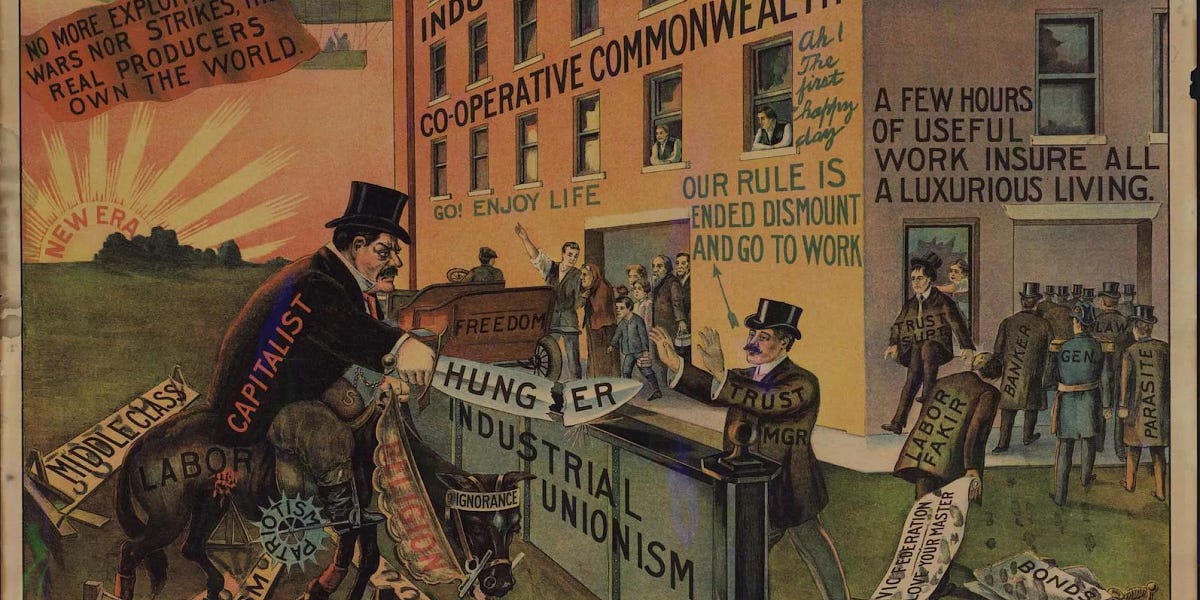Recent-ish Reads (and Listens), May 21, 2025

More process-relationality out in the wild! Mostly on one big topic this round:
Power to Make the World Better
I was honored to be on a conference panel a few years ago with the amazing Steph Speirs, the Solstice co-founder interviewed here on ways to redesign a better world. I want to quote nearly all of the brilliant and wide-ranging conversation here, so instead I'll just strongly recommend reading or listening to the whole thing. (And there's a nice shout-out to Solar For All! That's the $7 billion program that I've been deeply involved with enacting and implementing, which is still a rare bright spot of continuing progress amidst the destruction of so many other federal programs.)

Jamelle Bouie, practically the only person who can get me to read, let alone share, the New York Times, has another knockout today. It discusses the Naomi Klein and Astra Taylor piece on end-times fascism that I reviewed in an earlier post, and the materials to imagine and summon a better future of "beloved community."
I don't know why this link is formatted differently.
This next short essay provides some great examples of practical relational processes "engaging citizens directly in governance through non-partisan platforms that encourage and enable deliberation, negotiation and compromise, to reach consensus across divides.... such as citizens’ assemblies or virtual platforms for bringing the public together and listening at scale."

This short post by union organizer George Gaillet on what collective power looks like is also good on process and relational power. (Substack alert, for those abstaining)

This one likewise contains some super helpful power analysis and process advice for political change. I have a few quibbles, like some (IMHO) unhelpful essentializing of "the Democratic Party" as if it's one unchangeable thing. Still a worthwhile read. (Also Substack)

Also, Braaaaains
This short article is not only a fun extension of the Iain McGilchrist work I wrote about, but also a nice example of right-brained or process-relational anti-reductionism. "I think to explain something as complex as the brain, especially in the human being, you need a variety of theories to more closely approximate what’s actually happening.... If we get too fixated on one explanation or the other, we're going to lose track of reality."





